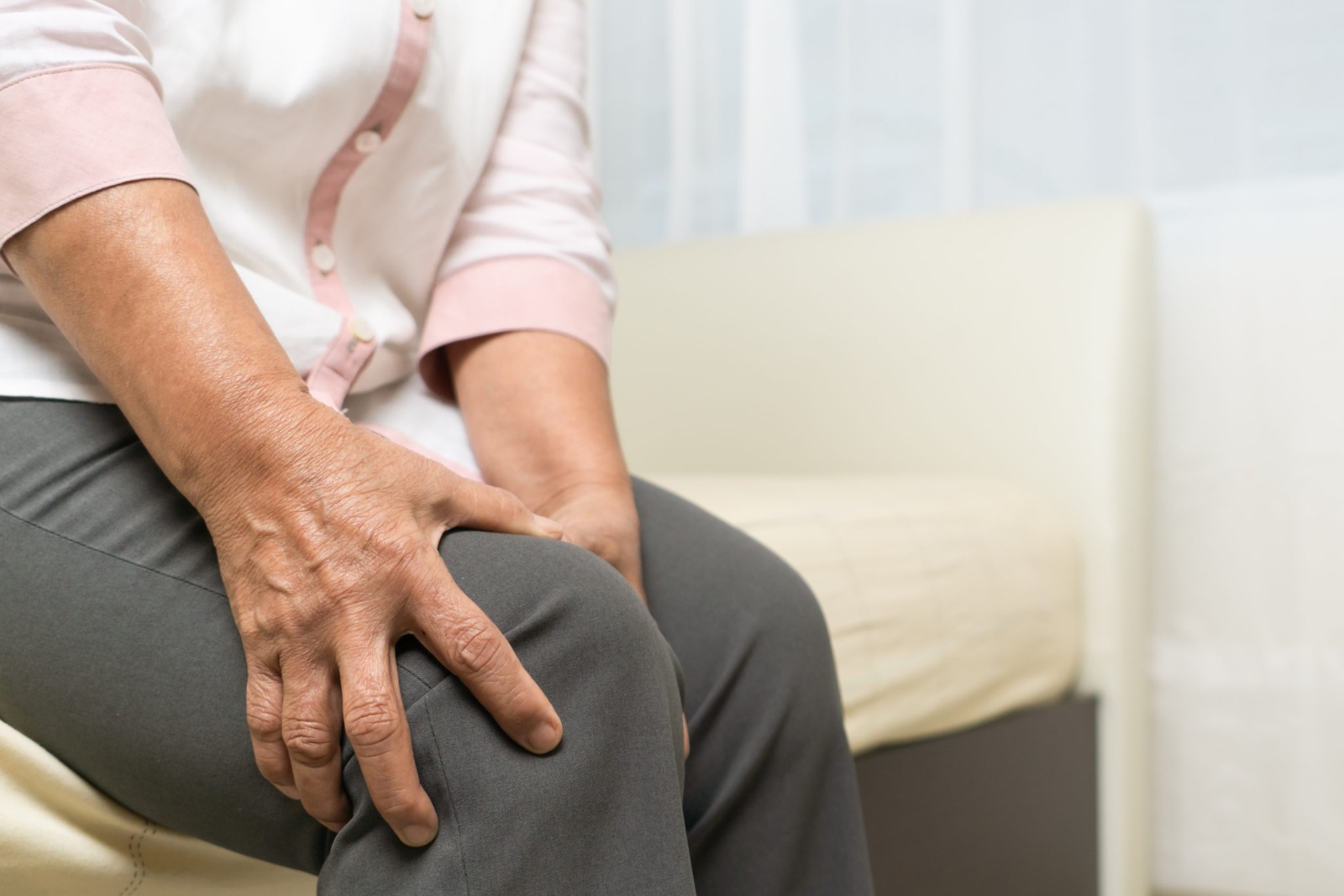Age-related knee pain is a common problem that affects millions of people worldwide. It is caused by a gradual wearing away of the cartilage that cushions the ends of the bones in the knee joint. This can lead to pain, stiffness, and swelling.
There are a number of factors that can contribute to age-related knee pain, including:
- Age: The older you get, the more likely you are to develop osteoarthritis, the most common cause of age-related knee pain.
- Weight: Excess weight puts extra stress on the knees, which can accelerate the wear and tear on the cartilage.
- Joint injury: A previous knee injury can increase your risk of developing age-related knee pain.
- Occupational factors: Jobs that require a lot of kneeling or squatting can also increase your risk of developing age-related knee pain.
There are a number of things you can do to help manage age-related knee pain, including:
- Physical activity: Regular exercise can help to strengthen the muscles around the knee joint, which can help to reduce pain and improve function.
- Weight loss: If you are overweight or obese, losing even a small amount of weight can help to reduce the stress on your knees.
- Heat therapy: Applying heat to the affected area can help to reduce pain and stiffness.
- Ice therapy: Applying ice to the affected area can also help to reduce pain and swelling.
- Medications: There are a number of over-the-counter and prescription medications that can help to relieve pain and inflammation.
- Surgery: In some cases, surgery may be necessary to repair or replace the damaged knee joint.
If you are experiencing age-related knee pain, it is important to see a doctor to get a diagnosis and discuss treatment options.
There are a number of things you can do to help manage your pain and improve your function, so don't hesitate to seek help.
Here are some additional tips for managing age-related knee pain:
- Use proper footwear: Wearing supportive shoes can help to reduce the stress on your knees.
- Avoid activities that aggravate your pain: If certain activities make your knee pain worse, avoid them or modify them so that they are less painful.
- Elevate your knee: Elevating your knee can help to reduce swelling and pain.
- Use a cane or walker: If you need help walking, using a cane or walker can help to reduce the stress on your knees.
- Get enough rest: Resting your knee can help it to heal.
- Manage stress: Stress can worsen pain, so it is important to find ways to manage stress.
By following these tips, you can help to manage your age-related knee pain and improve your quality of life.
Physical therapy is a non-surgical treatment that can help to relieve pain, improve range of motion, and strengthen the muscles around the knee.
The goals of physiotherapy management for age-related knee pain include:
- Reducing pain
- Improving range of motion
- Strengthening the muscles around the knee
- Preventing further damage to the knee joint
- Physical therapy for age-related knee pain typically involves a combination of exercises, manual therapy, and education.
- Exercises: Exercises are an important part of physiotherapy management for age-related knee pain.
The exercises that are prescribed will vary depending on the individual's needs, but they may include range-of-motion exercises, strength-training exercises, and balance exercises.
- Manual therapy: Manual therapy is a hands-on technique that can be used to reduce pain, improve range of motion, and release muscle tension.
Manual therapy techniques that may be used for age-related knee pain include joint mobilization, soft tissue massage, and trigger point release.
- Education: Education is an important part of physiotherapy management for age-related knee pain.
The physiotherapist will teach the individual about their condition, how to manage their pain, and how to do the exercises correctly.
The length of time that physiotherapy is needed for age-related knee pain varies from person to person. However, most people will need to attend physiotherapy for several weeks or months in order to see significant improvement.
Physical therapy is a safe and effective treatment for age-related knee pain.
By Dr. Preeti Sharma (Physiotherapist)

